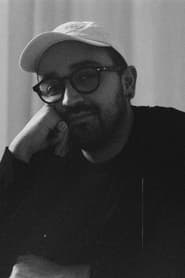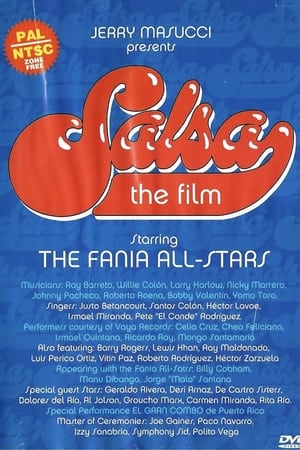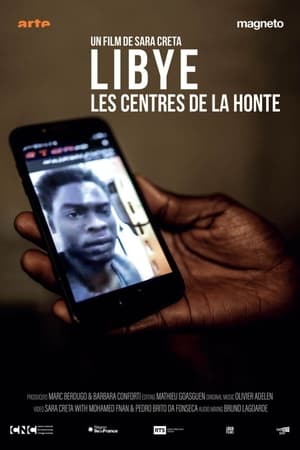

It Was Hot That Day: A Jandiman Story(2024)
Hot days, migrant dreams, and the dance of ordinary images—a tale of passion, struggle, and the American Dream.
Enduring 28 days of relentless construction labor, Frank struggles to prep a house for painting amidst Phoenix's scorching pandemic summer.
Movie: It Was Hot That Day: A Jandiman Story
Similar Movies
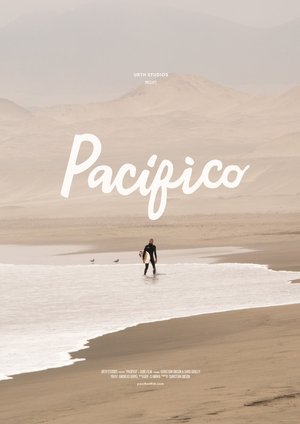 0.0
0.0Pacífico(en)
What starts as a desire to experience nature more intimately develops into a relatable conversation on alternative pathways through life. Two friends go on a two-year road trip through Latin America. Presenting an insight into long term travel and how engaging in new cultures and environments can help widen our perspective and deepen our understanding of the world we live in. Pacifico forms a discussion around the pros and cons of living in the moment; Showing how slowing down and observing the world mindfully can aid in gaining perspective and broaden an understanding of what is important in life.
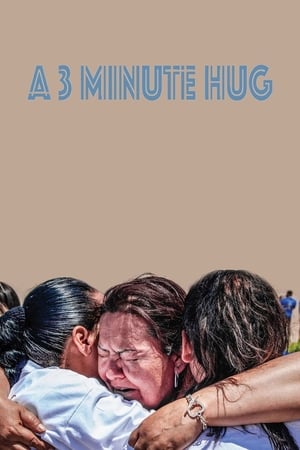 6.5
6.5A 3 Minute Hug(es)
As daylight breaks between the border cities of El Paso, Texas, and Juarez, Mexico, undocumented migrants and their relatives, divided by a wall, prepare to participate in an activist event. For three minutes, they’ll embrace in no man’s land for the briefest and sweetest of reunions.
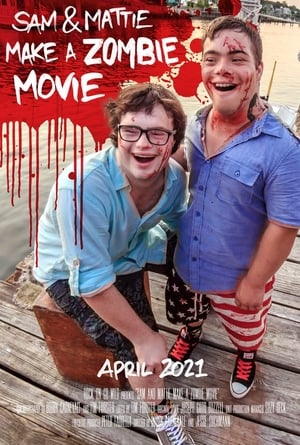 6.7
6.7Sam & Mattie Make a Zombie Movie(en)
Documentary about the making of ’Spring Break Zombie Massacre.’
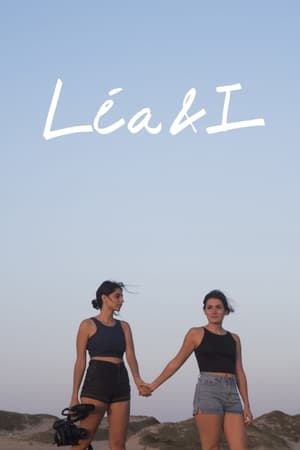 5.5
5.5Léa & I(en)
Best friends travel though Latin America meeting shamans, experimenting with plant medicines, and wondering about what makes a life well-lived when one of them might have half the time to live it.
 0.0
0.0River of Gold(en)
Narrated by Academy Award winners Sissy Spacek and Herbie Hancock, River of Gold is the disturbing account of a clandestine journey into Peru's Amazon rainforest to uncover the savage unraveling of pristine jungle. What will be the fate of this critical region of priceless biodiversity as these extraordinarily beautiful forests are turned into a hellish wasteland?
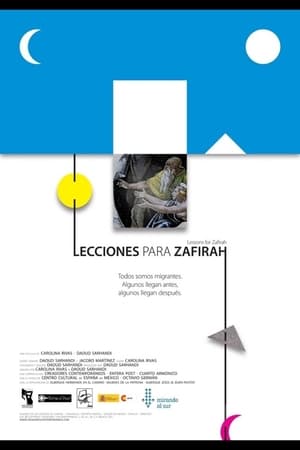 5.6
5.6Lessons for Zafirah(es)
A metaphor of the Flood in our times, The Flood is the rain of violence that washes over us. Noah´s Ark is the train that runs through Mexico toward the United States and migrants are the species attempting to save their lives. For the directors, cinema moves people not just by condemnation, but by confronting and fostering emotions which lead to new, constructive ideas. This documentary became a cinematographic diary for their first viewer, their three-year-old daughter, Zafirah.
 9.0
9.0Earning Rupiah From Scrap Metal(id)
Some Madurese choose to live outside their homeland, migrating to build a better life. Surabaya has become one of the destination cities for the Madurese people. They work hard, pursuing various professions. some of them are owning a scrap metal business.
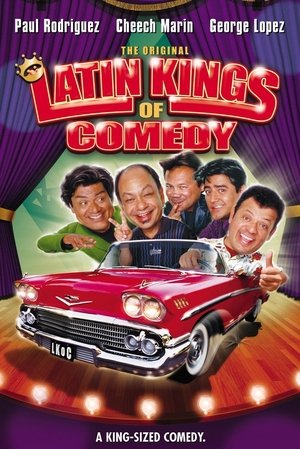 5.7
5.7The Original Latin Kings of Comedy(en)
This stand up special features material from five of the most famous Hispanic standup comics of their era. Paul Rodriguez, George Lopez, Cheech Marin, Alex Reymundo, and Joey Medina deliver material on a variety of topics that will seem familiar to audiences of every race.
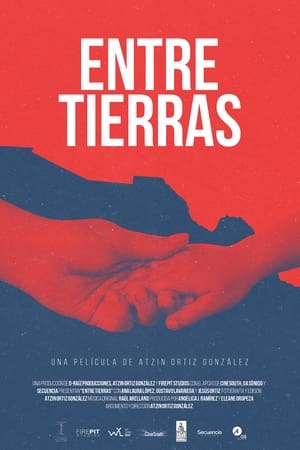 0.0
0.0Between Lands(es)
A long time ago, Ana Laura, Gustavo, and Jesús crossed the border in search of a better opportunity. They worked hard, built a family, and made a life in the United States. Day by day, years after their arbitrary deportations to Mexico, they deal with the grief of being separated from their families. As time goes by, the shattered existence of everyone is slowly and inevitably rebuilt, far away and apart from each other.
 7.7
7.7Memories to Choke On, Drinks to Wash Them Down(cn)
This anthology film, whose Chinese title begins with a romantic name for human excrement, premiered internationally at Rotterdam and won Best Screenplay from the Hong Kong Film Critics Society. A variety of Hong Kong people wrestle with nostalgia when facing an uncertain future. Their stories give way to a documentary featuring a young barista turned political candidate.
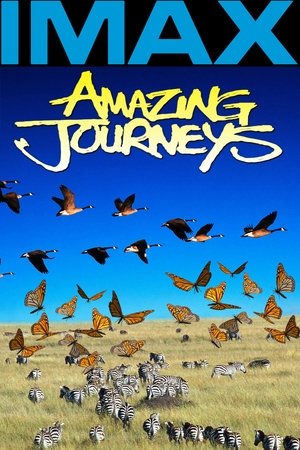 5.7
5.7Amazing Journeys(en)
By land, by air, and by sea, viewers can now experience the struggle that millions of creatures endure in the name of migration as wildlife photographers show just how deeply survival instincts have become ingrained into to the animals of planet Earth. From the monarch butterflies that swarm the highlands of Mexico to the birds who navigate by the stars and the millions of red crabs who make the perilous land journey across Christmas Island, this release offers a look at animal instinct in it's purest form.
 0.0
0.0Personale(it)
Folding towels, straightening out sheets, taking bathrobes out of the dryer, stripping beds, cleaning up vomit. Fluffing pillows—making a dent for elegantly turned-up corners—and endless scrubbing, cleaning and clearing up messes. Behind the scenes of a hotel in the Italian Dolomites, the staff do everything they can to serve the guests and prevent complaints. The hotel has four stars, and a fifth is in sight.
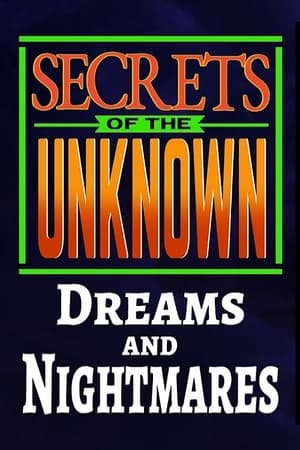 0.0
0.0Secrets of the Unknown: Dreams and Nightmares(en)
Dreams and Nightmares journeys into the human subconscious. Peering under the brain's mysterious veil, the idea that dreams send clues and warnings from another dimension is examined in detail.
 0.0
0.0Sometime, Somewhere(es)
Sometime, Somewhere sheds light on the challenges faced by Latino communities in Charlottesville, Virginia against the backdrop of immigration driven by factors like climate change, poverty, and drug-related violence.
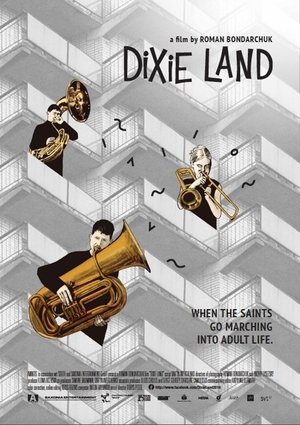 0.0
0.0Dixieland: Little Kids Big Dreams(uk)
Little kids, big dreams and smashingly good music – Dixieland follows the amazing progress of four members of a Ukrainian children’s brass band from Kherson. Through steady practice under the wildest of conditions, Roman (12, trumpet), Polina (10, trombone, drums and many other instruments), Nikita (12, drums) and Nikita (14, piano) produce magical music with ancient, wobbly instruments. Not least due to their wit and good humor, they persevere together, helped along by their 80+-year-old conductor and a young teacher. These children of the post-Soviet provinces use American tunes to achieve their dream – to become someone in the world and make something of their lives, no matter how dire the circumstances. From the authors of an awards winning documentary film Ukrainian Sheriffs.
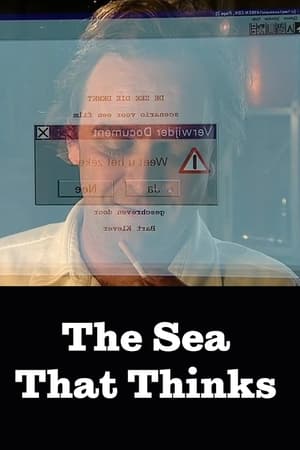 6.1
6.1The Sea That Thinks(nl)
Incredible optical illusions in a story in a story in a story helps the surprised viewer finally to find out that he has been watching himself all along.
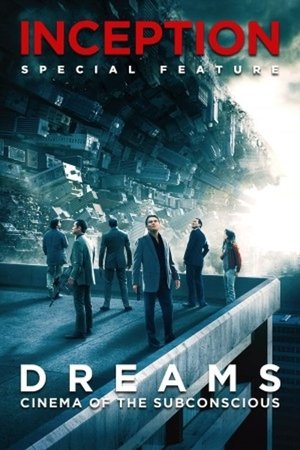 7.1
7.1Dreams: Cinema of the Subconscious(en)
Can the dream world be a fully functional parallel reality? Joseph Gordon-Levitt and leading scientists take you to the cutting edge of dream research in this documentary produced for Christopher Nolan's "Inception."
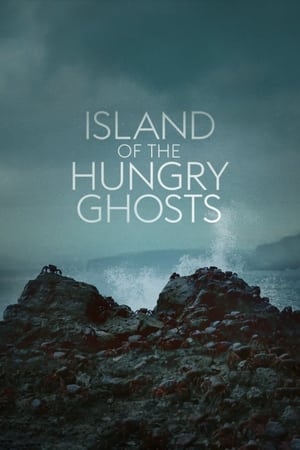 5.8
5.8Island of the Hungry Ghosts(en)
Christmas Island, Australia is home to one of the largest land migrations on earth—that of forty million crabs journeying from jungle to sea. But the jungle holds another secret: a high-security facility that indefinitely detains individuals seeking asylum.
